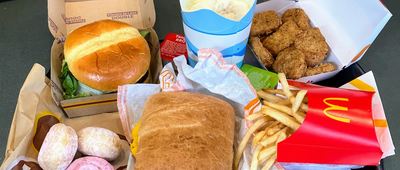Sizzling Mistakes
Few things epitomize summer as much as a good cookout with family and friends. But while grilling provides a great way to enjoy our favorite meats and veggies, even the most seasoned grill masters can fall victim to common mistakes.
From mismanaging the flames and crowding the grill to misjudging cooking times, these mishaps can drastically affect the flavor, texture, and overall quality of your grilled goods.
Here are 12 common grilling mistakes, plus tips on how to avoid them to ensure your next cookout is a resounding success.





















